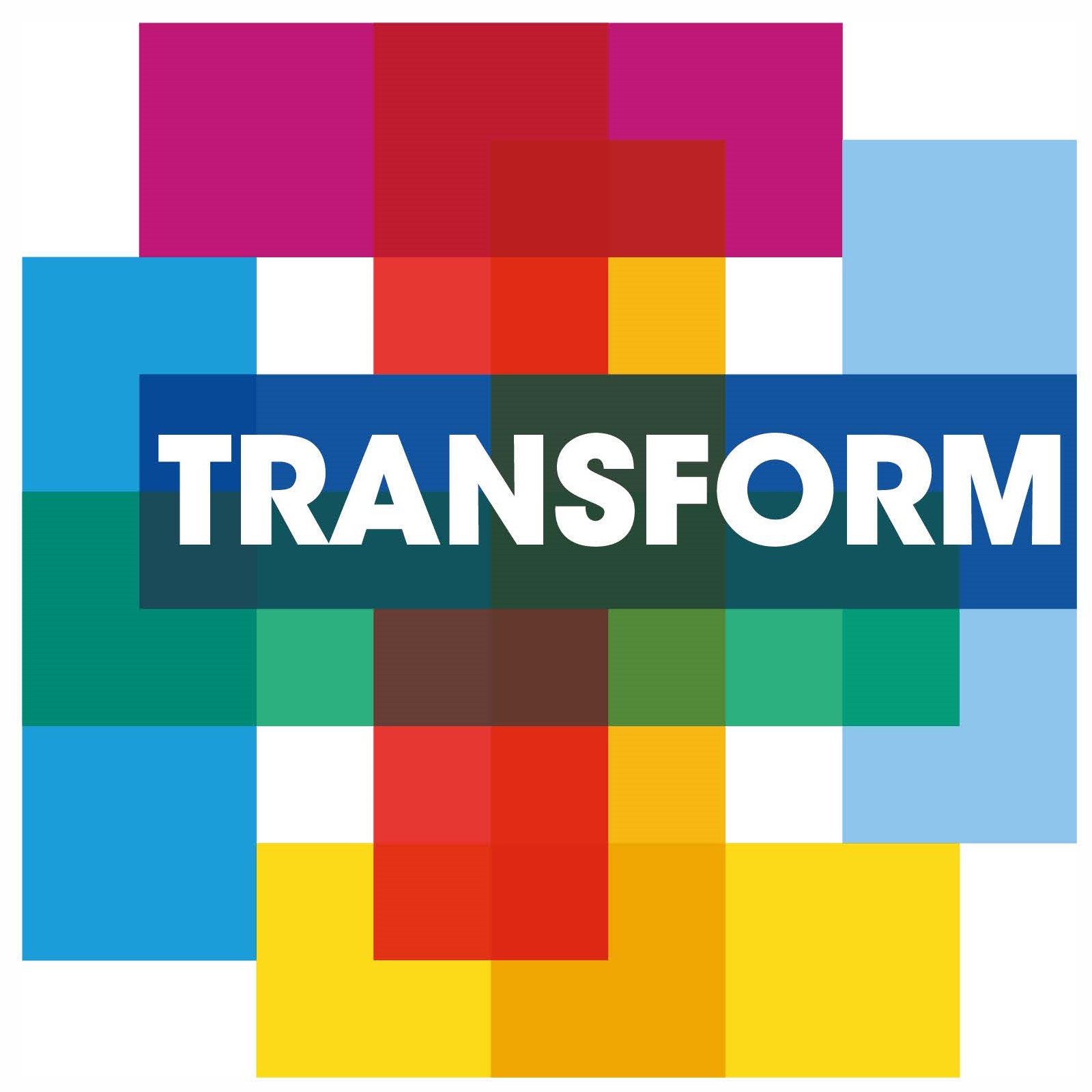COVID-19 pivot: how a healthcare enterprise’s pandemic response unlocked rapid scale
Published on: 22/10/2020
COVID-19 has been challenging for many impact enterprises. For Maya, a digital business providing mobile-based health services to 3.4 million Bangladeshis, this was certainly the case. However, by adapting quickly to the fast-evolving situation, Maya turned immediate challenges into future opportunities. Maya is now well-placed to grow its business while providing crucial services during the pandemic and into the long-term.
When lockdown hit, Maya dramatically ramped up its capacity to meet an expected spike in demand. However, as Maya CEO, Ivy Huq Russell, explains, “during April, sales stayed stubbornly low, and worse still, we were then burning through cash due to over-capacity”. Ivy knew then that Maya needed to radically change its approach.
As a TRANSFORM grantee, Maya renegotiated its project targets and received additional support from the TRANSFORM Survive & Thrive platform, enabling it to target lower-income communities with reduced-price subscriptions.
This pivot caused usage to sky-rocket and helped them to reach those most in need. Sales and revenue increased by 1300% and 470% respectively. Meanwhile, Maya’s doctors were answering 14,000 questions a day – amounting to almost 350,000 consultations a month.
While their initial capacity increase at the start of lockdown seemed to set Maya back, a flexible and human-centric approach saved the day. By reacting rapidly to increase capacity in line with demand, then to targeting new customers with marketing and pricing, they were able to successfully respond to the crisis and their business need. We look at exactly how Maya achieved this below.
1) Subscribing to better health at reduced prices
Maya knew it would be crucial for their business to respond to the needs of lower-income groups during the crisis. With this in mind, they released tiered subscription packages at lower costs, opening up their services to a wider range of users.
Not only did this enable Maya to provide crucial healthcare to new users, it also led to substantially greater sales of their premium subscription service. This extra income helped Maya to provide further discounts on subscription packages, making it possible for users to talk to a doctor and get a prescription for the equivalent of 10 pence.
Maya are now gradually reducing the discounts, ensuring the business can grow organically and sustainably, while continuing to provide medical advice to the under-served and offer the best value-for-money service in the country.
“The benefits of the additional subscription packages were threefold: helping us to gain more exposure, garner a bigger market share, but most importantly, making quality healthcare accessible to lower-income groups of people.” – Radh Ahmed, Team Leader, Maya
2) Marketing through social in the COVID-19 context
Maya drew on knowledge shared by TRANSFORM to optimise their reach and exposure during the pandemic. Reacting to a regional trend – that people were using social media more often to find the health information they needed – they used more social-based tactics to target a larger segment of the population. Marketing needed to be sensitive to the fast-evolving information environment concerning the pandemic, so Maya’s content analysis of their platform data helped them to communicate relevant topics, enabling them to attract even more users.
3) Diverting efforts and doubling down on capacity
By redirecting funds earmarked for working with garment factories – now closed due to the pandemic – Maya doubled their number of doctors, while greater investments in artificial intelligence helped to automate their responses to 40% of queries, freeing up doctors to address the more complex and intimate questions.
SUSTAINABLE PIVOTS FOR SUSTAINABLE GROWTH
Having pivoted, Maya is now well-placed to provide the services needed during the pandemic and to grow its business sustainably. The key was in strengthening their marketing and ensuring their product was adapted to fit the right audience and their needs. This story provides a reminder that, while immediate humanitarian relief is critical, there is also a need to provide a legacy of inclusive market-based solutions for the new world that we will be left with, after the pandemic is over.
“For impact enterprises in particular, the ability to flex quickly is crucial. Ensuring services provided are meeting users’ needs and creating genuine impact in communities is central to success. Being ready and willing to flex to any changes, whether economic, social or environmental, puts enterprises in the strongest possible position.” – Ivy Huq Russell, Founder & CEO, Maya
IN SUMMARY: THREE KEY LEARNINGS
1) Bring trends into your marketing:
Keeping a keen eye on evolving landscapes – whether that’s use of social media, discussion around pressing topics, or shifts in consumer narratives – can help your marketing be more relevant to consumers, ultimately leading to optimal reach and exposure.
2) Reduce to retain:
Lowering your prices for a time-bound period can allow new customers to test out your offering with confidence – and if your business is serving a genuine need in a meaningful way, then retention will be easier.
3) Invest in AI:
Artificial intelligence can be both a sustainable and cost-efficient method to growth.
-
 Insights
Insights
Related resources
- TRANSFORM Measurement and Evaluation GuideThis guide outlines five steps to measuring and evaluating your impact, including building your own Theory of Change using our ToC template.Building synergies frameworkThe Building Synergies Framework provides in-depth assessment on how Mobile Operators and Start-ups can partner for impact in emerging markets.
- Collaboration & Partnerships
- Digital Transformation
- Strategic Support
Mobile internet skills training toolkitGSMA research has consistently shown that low levels of basic digital literacy are one of the main barriers to mobile internet adoption. To address this, in 2016 the GSMA Connected Society programme – with financial support from FCDO – developed the Mobile Internet Skills Training Toolkit (MISTT), a set of resources to promote digital literacy, help people use the internet more safely on their mobile and ensure they have the skills required for a digital future.- Digital Transformation
- Skills Development
